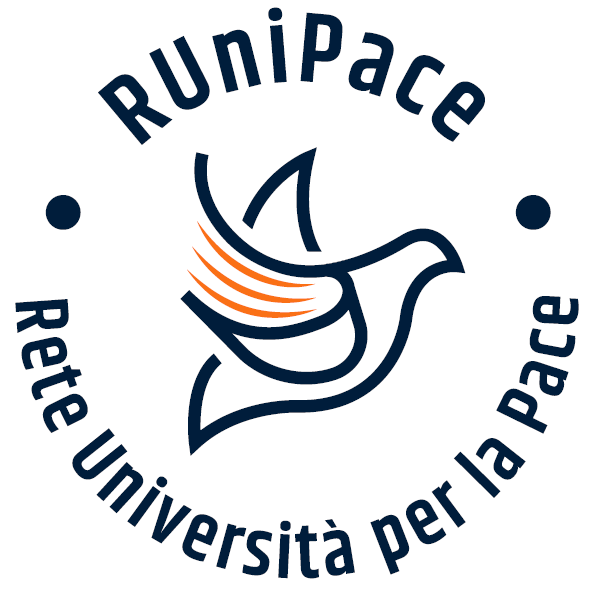Comments&Opinions
Twenty-Five Years On: The European Society of Criminology at a Crossroads Between Past and Future
From 3 to 6 September 2023, the 25th Conference of the European Society of Criminology took place in Athens, bringing together over 2,300 participants. While it was expected to be a celebration of the Society’s twenty-fifth anniversary, it was instead marked by dissatisfaction and tension, prompting deeper questions about the association’s representativeness, its democratic standards, and its ability to renew itself by giving voice to the new generations of criminologists.
detailPreventing Violence Against Women Between Compulsory Health Assessments and Public Shaming
The two central components of the Italian Bill 1517 reveal a profound sense of collective disorientation in the face of male violence against women. The legislative response appears to be an expressive and performative one, oscillating between preventive medical punishment and public shaming—offering little room for the layered, nuanced approaches that this deeply sensitive area of intervention requires.
detailThe Invisible Side of Violence: The Challenges of International Investigations in the Digital Age
The update presented on 17 June 2025 by the Independent International Fact-Finding Mission on Sudan highlights the growing use of digital technologies in the investigation of mass atrocities. However, the complexity of conflict contexts, the spread of disinformation, and the inaccessibility of certain areas raise concerns about the "dark figure" of violations that go undocumented.
detailSocial media as a space for (de)humanizing the Palestinian people
Referring to the ongoing genocide in Gaza, the text offers a reflection on the role of social media as spaces for discursive resistance, emphasizing their power to counter dominant dehumanizing narratives and to give back visibility, voice, and dignity to those systematically marginalized by official representations of the conflict.
detailInitiatives
Not Just Limits. Encountering Restorative Justice in Prison
The project “Encountering Restorative Justice”, funded by the “Not Just Limits” call from the University of Milan and in partnership with the Dike cooperative and the Bollate prison, aims to promote the culture of restorative justice within correctional institutions. This will be achieved through the implementation of a program called "Restorative Dialogue" (pursuant to Article 53 of Legislative Decree 150/2022). The program will provide a productive framework for addressing the negative effects of crime and exploring tangible ways of reparation.
DETAILUNIMI joins the Network of Universities for Peace
The University of Milan has joined the Network of Universities for Peace (RUniPace), promoted by the Conference of Italian University Rectors. The Rector of the University of Milan, Prof. Marina Brambilla, has appointed Prof. Roberto Cornelli as the University’s representative in RUniPace.
DETAIL
